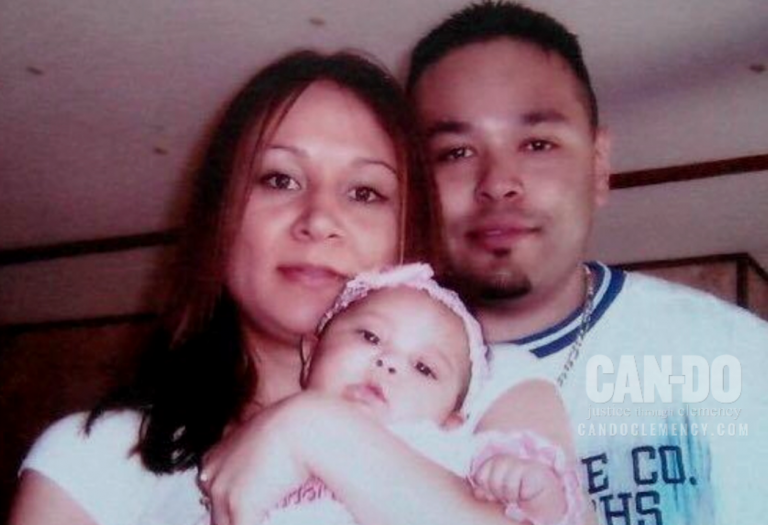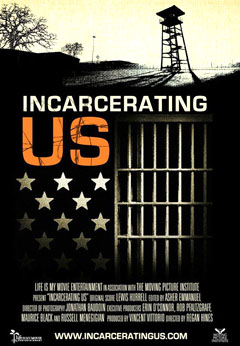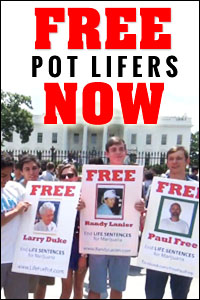

An Odessa woman serving 15 years for conspiracy charges related to marijuana has petitioned U.S. President Donald Trump for a sentence reduction.
A petition was filed on Crystal Munoz’s behalf by Texas A&M University’s Criminal Defense Clinic in November and supplemented with additional information in March.
Munoz was found guilty of possession of marijuana with intent to distribute in 2008 when she was 25 years old, according to the petition filed with the U.S. Office of the Pardon Attorney.
She was pregnant at the time and later forced to give birth “shackled, for most of the labor, to a hospital bed,” the petition states. She also left behind a 5-month-old daughter and her husband when she was sent to Federal Medical Center, Carswell in Fort Worth.
Now, after serving 11 years of her sentence, Munoz has asked for the second time for it to be commutated. She also petitioned President Barack Obama for commutation in 2013; it was denied in 2016.
Munoz’s case gained national attention at the time of her first petition, largely due to features in Vice and Rolling Stone.
According to those publications and her petition, Munoz’s role in the drug ring she was convicted of leading was limited to drawing a map that showed checkpoints along the Mexican border.
She drew the map as a favor to a friend who helped her with car repairs and didn’t realize what it would be used for, the petition states.
Several other members of the drug organization cooperated with the government and testified against Munoz, according to the petition. She was convicted of intending to distribute 1,000 kilograms or more of marijuana, despite none being seized from her personally.
Munoz’s conviction for drugs that weren’t found on her person is a result of conspiracy laws, said Amy Povah, founder of CAN-DO Justice Through Clemency.
Povah is a clemency recipient herself, and has worked with Munoz and many others who are seeking or have received clemency.
She described conspiracy charges as “one of the best-kept secrets” in the country’s war on drugs.
“There’s really nothing much protecting you from a prison cell these days,” Povah said. “When the word a ‘co-conspirator,’ or a former friend [testifying against you] is all it takes to convict, they don’t have to have tangible evidence.”
Povah said she believes Munoz’s first petition was denied because of flaws within the Office of the Pardon Attorney, which she and other activists claim is inherently biased because it falls under the U.S. Department of Justice.
“Prosecutors have the final say,” Povah said. “In their minds, they see it [clemency] as a failure, because most of them were trained to force everybody to take a plea.”
She said media coverage sometimes makes matters worse by painting law enforcement and prosecutors in a negative light.
“If you tell your story and the story sort of insults the prosecutor, that doesn’t help anybody and the goal is for that person to go home,” Povah said. “On the other hand, if that’s really what happened, how do you tell your story?”
However, without media coverage, prisoners have little chance of catching the pardon attorney’s attention, she said.
“If you’re quiet and you don’t have any visibility, your odds of walking out of there are also bleak,” Povah said.
Povah said she had been hopeful Munoz would be released under the Obama administration.
That administration made clemency of non-violent drug offenders a priority – and granted clemency to almost 2,000 of those prisoners, far more than any previous administration. But thousands of petitions were also denied without explanation.
Povah said she has met with the Trump administration and has “high expectations” that they will “finish the job.”
As of May, the administration has granted clemency to 12 people – but Povah points to passage of the First Step Act, a bipartisan prison reform bill, as evidence of more to come.
The FSA largely dealt with sentence reform and had no effect on sentence commutations or pardons. It did prohibit inmates from being shackled while giving birth, which Povah said she advocated to be included in the bill and used Munoz’s case as an example for its necessity.
Munoz will stay in prison four more years if she doesn’t receive clemency. Povah said Munoz will keep fighting for her release, so she can be reunited with her daughters, now 10 and 11 years old.
“It’s an insult that she’s already lost countless evenings to tuck them into bed, to be there when they’re sick …to celebrate their birthdays with them, to make their favorite food,” Povah said.
“A mother will do whatever she needs to do,” she said.
Go to MRT to see the entire story about Crystal Munoz seeking clemency.














